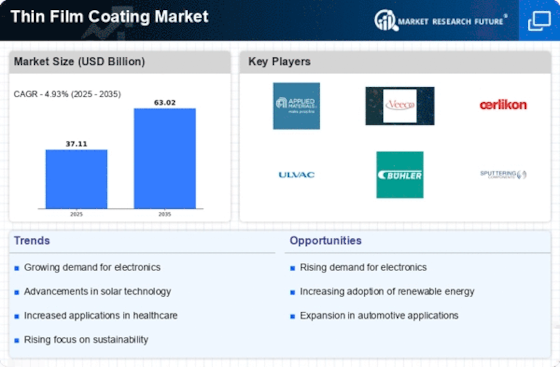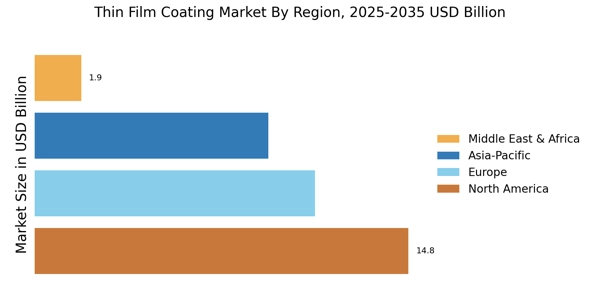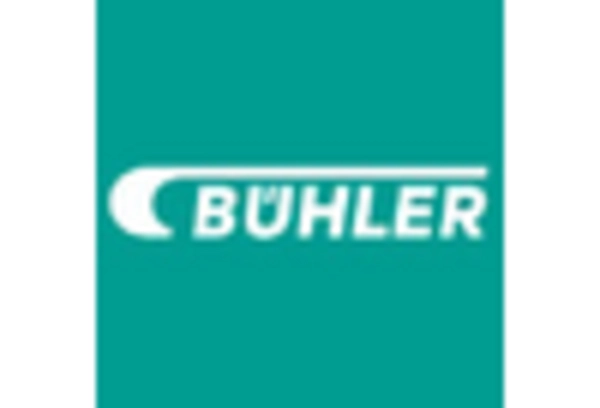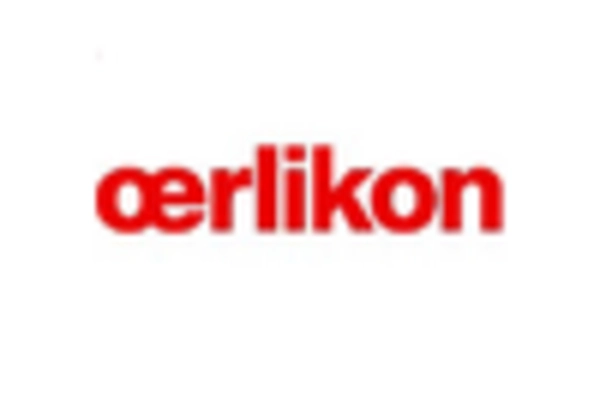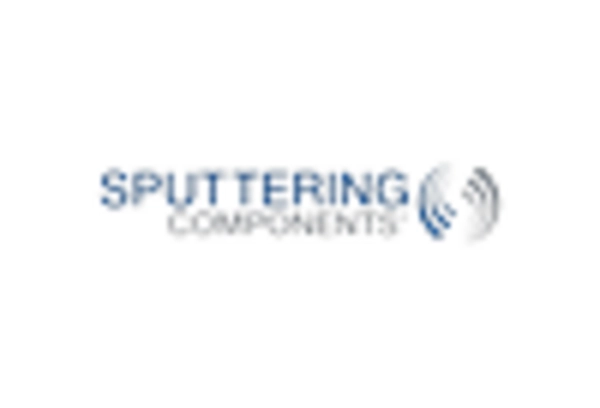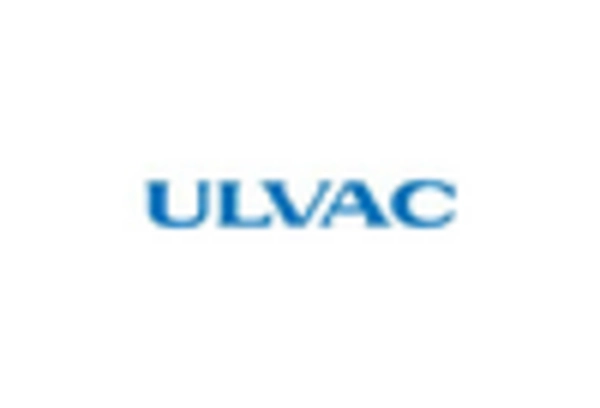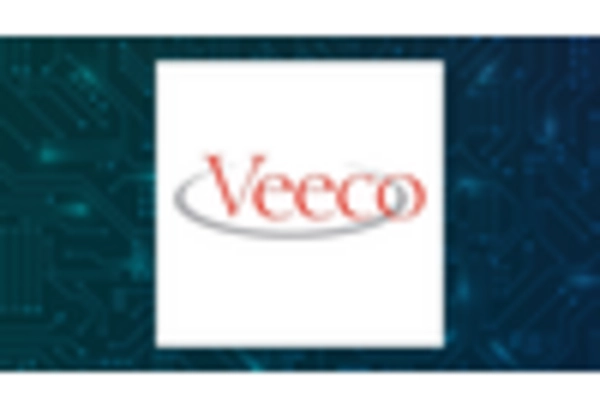Rising Demand in Electronics
The Thin Film Coating Market is experiencing a notable surge in demand driven by the electronics sector. As consumer electronics continue to evolve, the need for advanced coatings that enhance performance and durability becomes paramount. Thin film coatings are utilized in various electronic components, including semiconductors and displays, to improve their efficiency and lifespan. The market for electronic devices is projected to grow significantly, with estimates suggesting a compound annual growth rate of over 5% in the coming years. This growth is likely to propel the demand for thin film coatings, as manufacturers seek to optimize their products and meet consumer expectations for quality and longevity.
Advancements in Renewable Energy
The Thin Film Coating Market is poised for growth due to advancements in renewable energy technologies. Thin film coatings are integral to the production of solar panels, where they enhance light absorption and energy conversion efficiency. As the world shifts towards sustainable energy solutions, the solar energy market is expected to expand, with projections indicating a growth rate of approximately 20% annually. This trend suggests a robust demand for thin film coatings, as manufacturers strive to improve the performance of solar cells and meet the increasing energy needs of various sectors. The integration of innovative coating technologies could further enhance the viability of renewable energy solutions.
Growth in Automotive Applications
The Thin Film Coating Market is witnessing growth fueled by the automotive sector's increasing adoption of advanced materials. Thin film coatings are employed in automotive components to enhance wear resistance, reduce friction, and improve aesthetic appeal. With the automotive industry focusing on lightweight materials and fuel efficiency, the demand for thin film coatings is likely to rise. The market for automotive coatings is projected to grow at a rate of around 4% annually, driven by the need for improved performance and sustainability. This trend indicates a promising future for thin film coatings as they become essential in meeting the evolving requirements of the automotive market.
Increasing Focus on Aesthetic Appeal
The Thin Film Coating Market is experiencing a shift towards enhancing aesthetic appeal in various applications. Industries such as architecture, consumer goods, and fashion are increasingly utilizing thin film coatings to achieve unique finishes and colors. This trend is driven by consumer preferences for visually appealing products, which has led to a rise in demand for decorative coatings. The market for decorative coatings is projected to grow at a rate of approximately 5% annually, suggesting a robust opportunity for thin film coatings. As manufacturers seek to differentiate their products in a competitive landscape, the role of thin film coatings in enhancing aesthetics is likely to become more pronounced.
Technological Innovations in Coating Processes
The Thin Film Coating Market is benefiting from technological innovations that enhance coating processes. Advances in deposition techniques, such as atomic layer deposition and sputtering, are enabling the production of thinner and more uniform coatings. These innovations not only improve the performance of coated products but also reduce material waste, aligning with sustainability goals. The market for advanced coating technologies is expected to grow, with estimates suggesting a potential increase of 6% annually. This growth indicates a strong future for thin film coatings, as manufacturers adopt these technologies to enhance product quality and meet regulatory standards.


